ED arrives in Rwanda for AU heads of state meeting
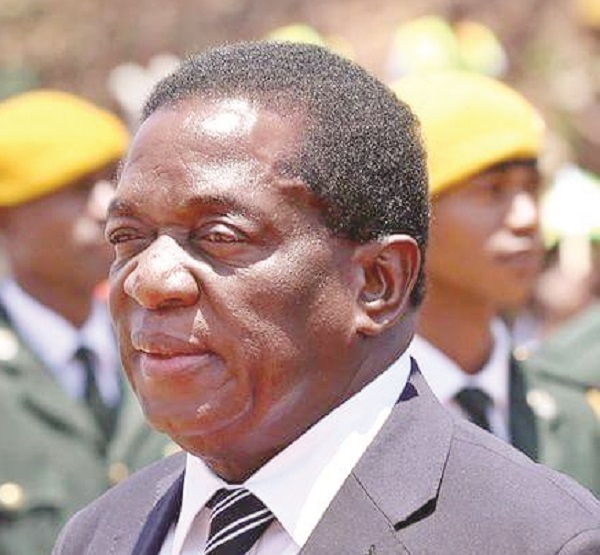
Lincoln Towindo in KIGALI, Rwanda
PRESIDENT Mnangagwa arrived here yesterday evening to attend the African Union (AU) Extraordinary Session of the Assembly of Heads of State and Government, which is being convened to launch the African Continental Free Trade Area (AfCFTA).
He was met at Kigali International Airport by Rwanda Justice Minister and Attorney General Mr Johnstone Busingye.
President Mnangagwa will join fellow African leaders at the Kigali Convention Centre tomorrow to ratify the AfCTA, an agreement crafted to enhance intra-African trade and make the continent the largest free trade area created since the formation of the World Trade Organisation 23 years ago.
The Extraordinary Session will be preceded by the opening of the Executive Council today.
Yesterday, the Head of State and Government and Commander-in-Chief of the Zimbabwe Defence Forces (ZDF) was seen off at Robert Gabriel Mugabe International Airport by Vice President Kembo Mohadi, ZDF Commander General Philip Valerio Sibanda, Energy and Power Development Minister Ambassador Simon Khaya Moyo, Home Affairs Minister Dr Obert Mpofu and other senior Government officials.
Vice President Constantino Chiwenga is the Acting President. Rwandan President and AU chairperson Mr Paul Kagame will officially open the Assembly of Heads of State and Government ahead of the signing ceremony around midday tomorrow.
Today, Government delegations join Africa’s top business leaders, civil society, parliamentarians, and development partners for the AfCFTA Business Summit to discuss the continent’s economic transformation through trade.
The AfCFTA is a flagship project consummated under Agenda 2063, the AU’s long-term vision for an integrated and prosperous continent and is anticipated to help transform the fortunes of millions of Africans by boosting intra-African trade.
The decision to create the AfCTA was adopted in 2012 during the 18th Ordinary Session of the Assembly of Heads of State and Government in Addis Ababa, Ethiopia.
The ambitious treaty, once ratified, will create a single continental market for goods and services, with free movement of businesspersons and investments, paving the way for the establishment of a Continental Customs Union.
Further, the agreement will expand intra-African trade through better harmonisation and coordination of trade liberalisation and facilitation regimes and instruments across Regional Economic Communities (RECs).
It will also resolve challenges of multiple and overlapping memberships while expediting continental integration.
In addition to enhancing competitiveness of African industries and enterprises through scaling up production and access to continental markets, the AfCFTA will also establish dispute settlement mechanisms to deal with trade disputes.
The agreement spans disciplines that include governance of trade in goods, trade in services, investment, competition and intellectual property matters.
The AfCTA will integrate Africa’s three main RECs: the Common Market for Eastern and Southern Africa (Comesa), the Southern African Development Community (Sadc), and the East African Community (EAC). It is believed that the envisaged trade bloc will have the capacity to negotiate on equal terms with other international economic blocs.
Intra-Africa trade stands at about 16 percent, compared to 19 percent intra-regional trade in Latin America, 51 percent in Asia, 54 percent in North America and 70 percent in Europe.
The United Nations Economic for Africa estimates that the AfCFTA can increase intra-Africa trade by 53 percent through the elimination of import duties and non-tariff barriers.
It could create an African market of over 1,2 billion people with a Gross Domestic Product (GDP) of US$2,5 trillion.

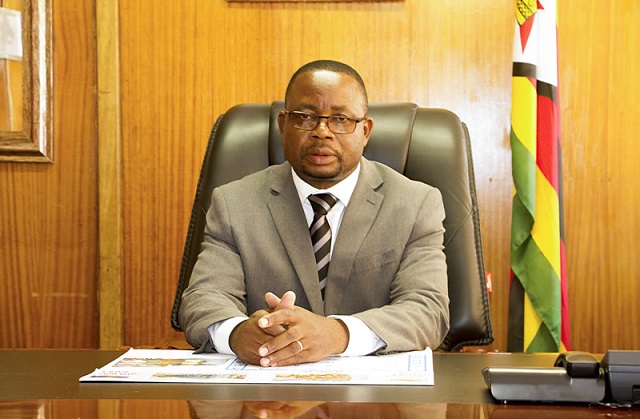
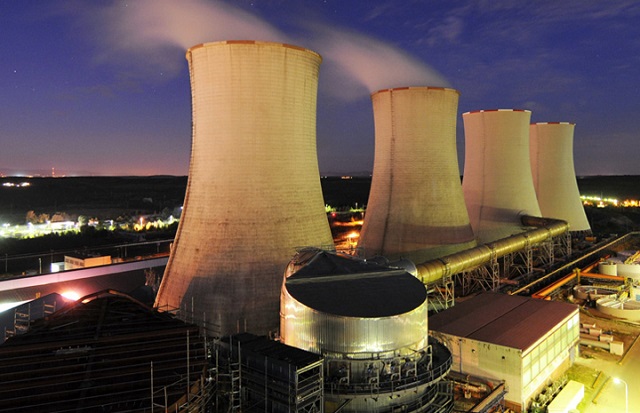
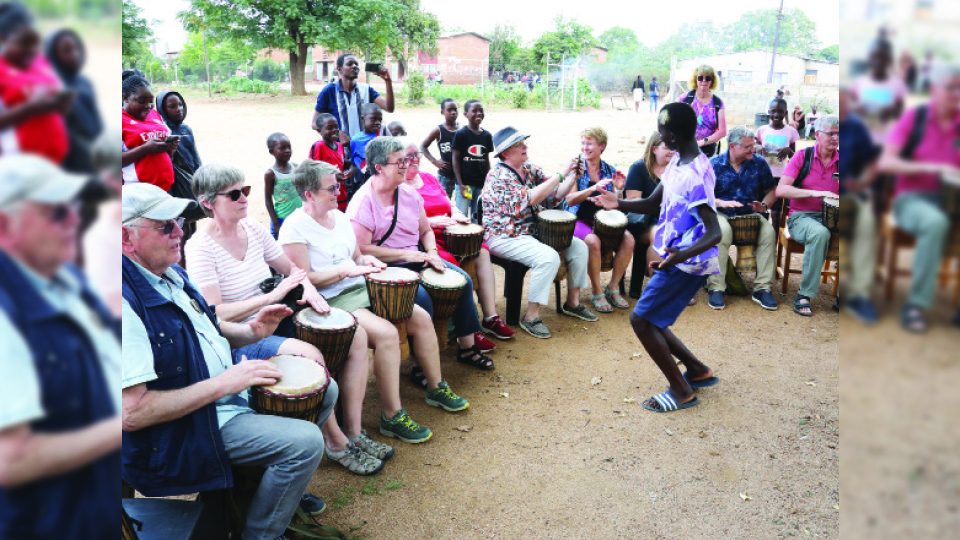

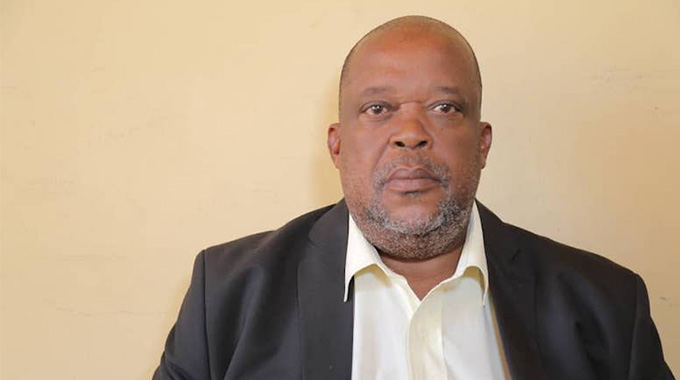


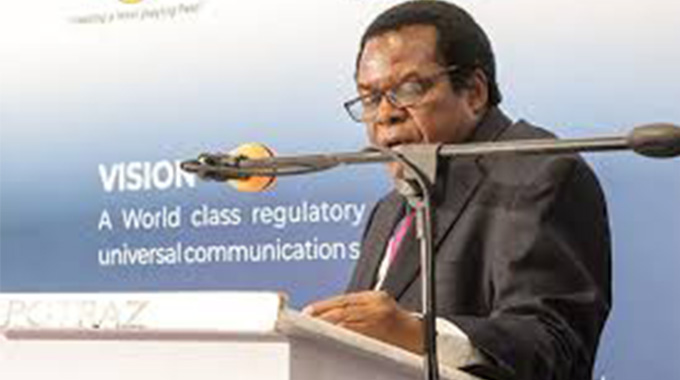



Comments